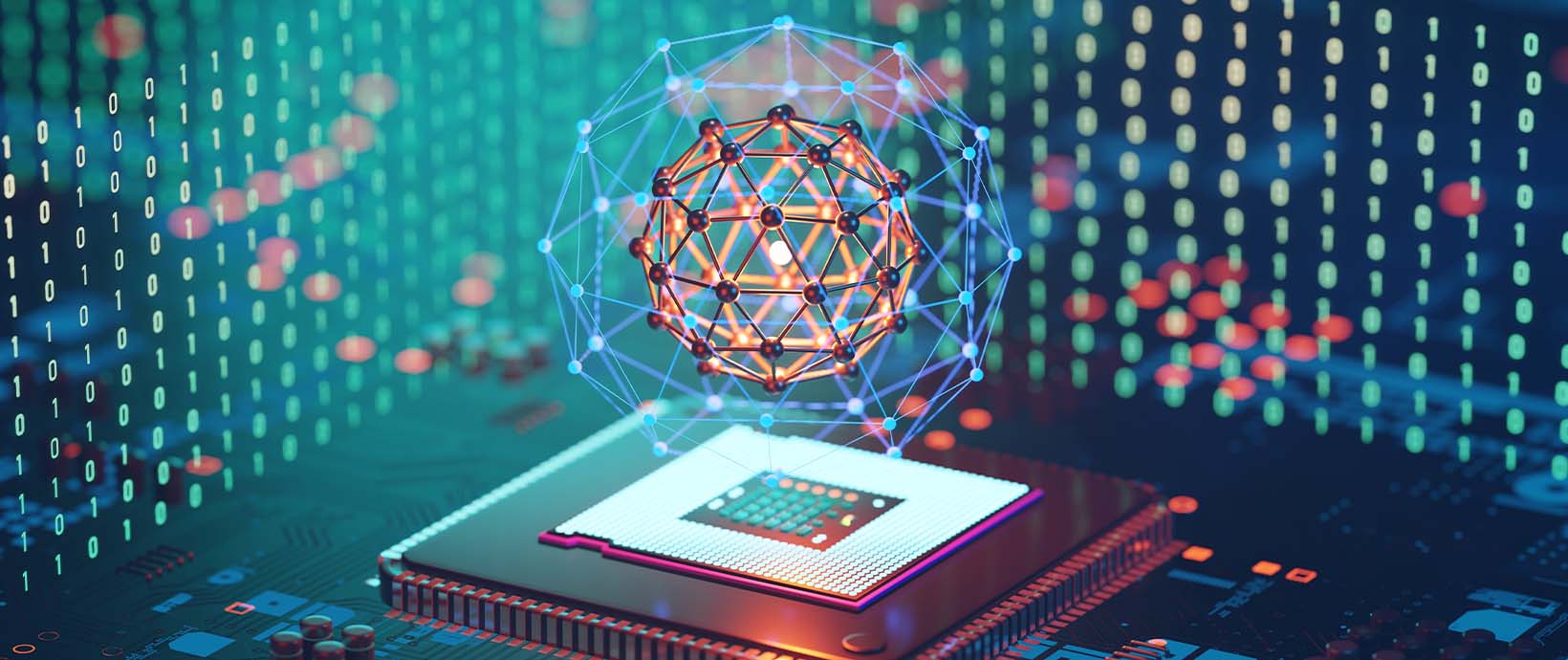Understanding the Different Types of AI Agents
Artificial intelligence (AI) agents are intelligent systems capable of perceiving their environment, reasoning about it, and taking actions to achieve specific goals. These agents can vary widely in terms of complexity, functionality, and autonomy. Understanding the different types of AI agents and their characteristics is essential. In this article, we’ll discuss the different types of AI agents and explore their distinctions, capabilities, and key use cases.
What Are AI Agents?
AI agents are autonomous entities designed to perform tasks or assist humans by making decisions based on input data, environmental factors, and predefined goals. These agents rely on a variety of AI techniques such as machine learning, business rules, and generative AI (genAI) to perform complex operations. While some AI agents operate independently, others collaborate with human users or other agents to achieve outcomes.
In essence, AI agents are defined by the following:
- Perception: The ability to sense and interpret their environment.
- Reasoning: The ability to make decisions based on the information they gather.
- Action: The ability to perform actions that influence their environment in pursuit of their goals.
- Learning: The capacity to improve their performance over time based on experience or feedback.
Types of AI Agents
AI agents are classified into several categories based on their capabilities and the complexity of the tasks they can perform. Some of the most common types include the following.
Reactive Agents
Reactive agents are the simplest form of AI agents. These agents respond to their environment based on predefined rules or stimuli. They operate on a stimulus-response mechanism, where they react immediately to a specific input without considering past interactions or learning from experience. Reactive agents don’t maintain memory or adapt to changing environments, relying instead on fixed sets of rules to handle tasks.
Characteristics
- Operate based on a set of predefined rules.
- Don’t learn from experience or adapt to changing environments.
- Responses are immediate and straightforward.
Use Cases
- Customer service bots: Basic bots that answer frequently asked questions without any personalized interaction.
- Manufacturing automation: Simple systems that perform repetitive tasks based on programmed routines.
Example: A bank or credit card company’s fraud detection system that triggers an alert if a transaction exceeds a set limit (such as a withdrawal amount), but doesn’t analyze patterns of individual customer behavior or learn from past fraudulent transactions.
Deliberative (Goal-Oriented) Agents
Deliberative agents possess a more sophisticated decision-making process. These agents are designed to reason and plan their actions based on an internal model of the world. They can weigh various options and select the best course of action to achieve their goals.
Characteristics
- Use reasoning and planning to determine the best course of action.
- Maintain an internal model of the world to simulate different possibilities
- Make decisions based on long-term goals rather than immediate responses.
Use Cases
- Warehouse automation: Robots that navigate complex environments and solve problems.
Example: A flight management system in an airplane that adjusts the flight path or speed based on things like weather conditions, fuel levels, and air traffic.
Hybrid Agents
Hybrid agents combine the features of reactive and deliberative agents to create a system that’s both fast and intelligent. These agents respond quickly to immediate stimuli while also being capable of more complex, long-term planning. This hybrid approach allows for both efficiency (through reactive mechanisms) and adaptability (through deliberative reasoning).
Characteristics
- Combine reactive and deliberative features for better performance.
- React to immediate changes but also plan for long-term goals.
- More flexible and adaptable than purely reactive or purely deliberative agents.
Use Cases
- Smart assistants: Personal assistants that can handle simple queries (e.g., checking the weather) reactively but also perform more complex tasks (e.g., setting reminders or controlling smart home devices).
Example: An autonomous vehicle that reacts to immediate traffic signals while planning its route for the next several miles.
Learning Agents
Learning agents go beyond pre-programmed rules and can improve their behavior based on past experiences. These agents use machine learning algorithms to recognize patterns, make predictions, and adjust their actions based on feedback. Learning agents are particularly useful in dynamic environments where new data or situations constantly emerge.
Characteristics
- Learn from experience or feedback to improve performance.
- Use machine learning models (e.g., reinforcement learning, supervised learning).
- Continuously adapt to changing environments or user needs.
Use Cases
- Recommendation systems: Streaming platforms like Netflix improve content recommendations based on user interactions.
- Finance: AI agents in trading platforms that adapt to market changes and learn from new data to make investment decisions.
Example: An AI system that adjusts cooling in data centers based on real-time data to minimize energy use. It learns over time to predict energy needs and become more efficient with each cycle.
Autonomous Agents
Autonomous agents are designed to operate independently and make decisions without requiring direct human supervision. These agents have a high degree of autonomy and can perceive their environment, make decisions, and take actions to achieve their goals.
Characteristics
- Operate independently with minimal human input.
- Perceive and interact with the environment autonomously.
- Can make complex decisions in dynamic environments.
Example: A warehouse robot that moves inventory around without human intervention.
Social Agents
Social agents are AI systems designed to interact with humans in a social or emotional context. These agents recognize human emotions, respond empathetically, and participate in conversations, making them useful in settings like customer service, therapy, or companionship.
Characteristics
- Interact with humans in socially meaningful ways.
- Recognize and respond to emotions or social cues.
- Often utilize natural language processing (NLP) and empathy modeling.
Use Cases
- Virtual assistants: AI-powered assistants that understand and respond to human emotions during interactions.
- Therapeutic bots: AI agents that provide mental health support and offer emotional well-being.
Example: An AI chatbot designed to engage in conversations and offer emotional support.
Generative AI and its Role in AI Agent Technology
In recent years, genAI has been transformative. While traditional approaches like business rules and machine learning are foundational, genAI enables agents to create new content or solutions based on existing data. This can include everything from generating text responses to synthesizing new ideas or predicting outcomes.
However, genAI isn’t the solution for every problem. For many tasks, business rules or traditional machine learning models are more efficient and effective. For instance, in environments requiring simple decision-making or categorization, traditional machine learning or rule-based agents may be more appropriate. GenAI is best used in scenarios where creativity, content generation, or complex problem-solving is needed.
Conclusion
AI agents are diverse – each type offers unique capabilities suited for different tasks. From reactive agents handling straightforward tasks to learning agents that adapt and evolve based on data, AI systems are transforming industries and applications. GenAI, alongside business rules and traditional machine learning, enhances these agents’ flexibility, enabling them to tackle increasingly complex challenges. As AI continues to evolve, we can expect even more specialized agents to emerge, driving innovation in nearly every sector.
To learn more about Altair's AI agent capabilities, visit https://altair.com/altair-rapidminer.




